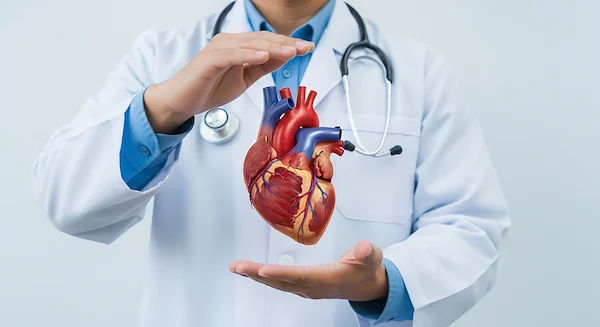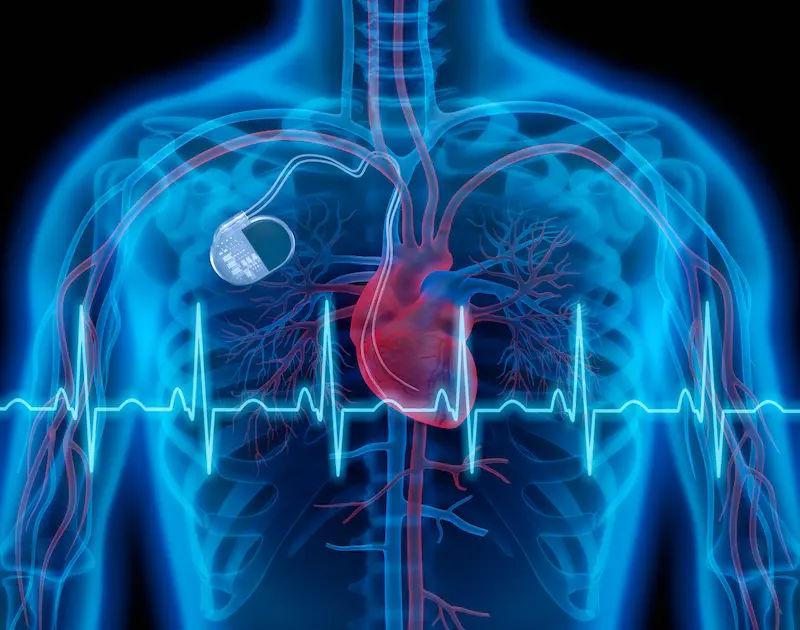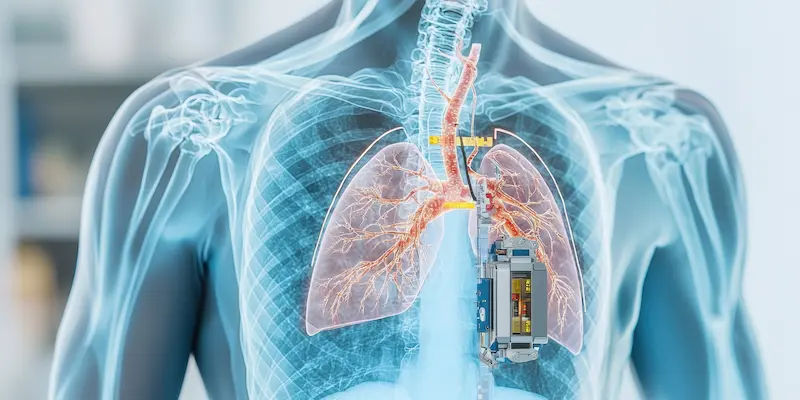- female
- 62 Years
- 07/02/2025
I'm just trying to understand what the next steps are for my treatment based on my recent test results. I'm a 62-year-old woman and my 2D Echo Report shows Mild LVH and Mild diastolic dysfunction, with an LVEF at rest of 50. Thankfully, there are no regional wall motion abnormalities, and my RV contractile function is adequate. The report also notes no pulmonary hypertension or pericardial effusion, and no intracardiac clot or vegetation. My chest X-ray mentions a mild unfolding of the aorta but no pluroparenchymal abnormality. Should I be worried about any of these findings, and what kind of treatment might be necessary?
More Cardiology Health Queries
View allI'm a bit concerned about some of my recent health numbers and would love some insight. My creatinine level came back at 0.66, my HbA1c is 6.3, and my triglycerides are at 208. Also, my LDL is 100.40. On top of that, I'm dealing with blood pressure issues. Can you help me understand what these numbers mean for my overall health and if there's anything specific I should be doing or watching out for?
Your creatinine level is within normal range. Your HbA1c level is slightly elevated, indicating borderline diabetes control. Your triglyceride level is high, and your LDL cholesterol level is also elevated. For your blood pressure problems, you can start taking a combination medication like Telmisartan 40mg + Amlodipine 5mg once daily to help control your blood pressure. Additionally, you can take Atorvastatin 20mg at night to help lower your LDL cholesterol level. It is also important to make lifestyle changes such as following a healthy diet, exercising regularly, and avoiding smoking and excessive alcohol consumption to improve your overall health.
Answered by 1 Apollo Doctors
I'm experiencing arm pain that started in my left arm, but now it's also in my right arm. I've got this weird center chest pain too. I did an ECG, echo, and some blood tests, including a thyroid test about four days ago, and everything came back normal. The doctor mentioned it might be anxiety because my heart rate was really highlike 130 bpm during the ECG and my blood pressure was 15080. I've had this fear of heart issues for months, and now the symptoms seem to have gotten worse. They gave me Betanol TR 40 to try and help. Sometimes the arm pain gets really bad, but then it goes away and comes back. It feels like pins and needles, maybe like cramps. What could this be?
It sounds like you are experiencing symptoms of anxiety and cardiophobia, which can manifest as arm pain and chest discomfort. The medication prescribed to you, Betanol TR 40, is a brand name for Propranolol. This medication can help with managing symptoms of anxiety and can also help with reducing heart rate and blood pressure. The usual dosage for Propranolol in anxiety is 20-40mg taken 2-3 times a day. It is important to follow your doctor's instructions regarding the dosage and frequency of taking the medication. If you experience worsening symptoms or have any concerns, it is important to follow up with your doctor for further evaluation and management.
Answered by 1 Apollo Doctors
I'm really worried about a loved one who's at risk for a heart attack. I've been reading a bit and came across the term "loading dose." Could you explain when it's appropriate to use a loading dose for someone having a heart attack? Also, I'm curious about how it should be administered to a person. Lastly, could you walk me through the basic steps of first aid for a heart attack?
without knowledge and proper indication you are not supposed to give such medicines.
Answered by 1 Apollo Doctors
Disclaimer: Answers on Apollo 247 are not intended to replace your doctor advice. Always seek help of a professional doctor in case of an medical emergency or ailment.





